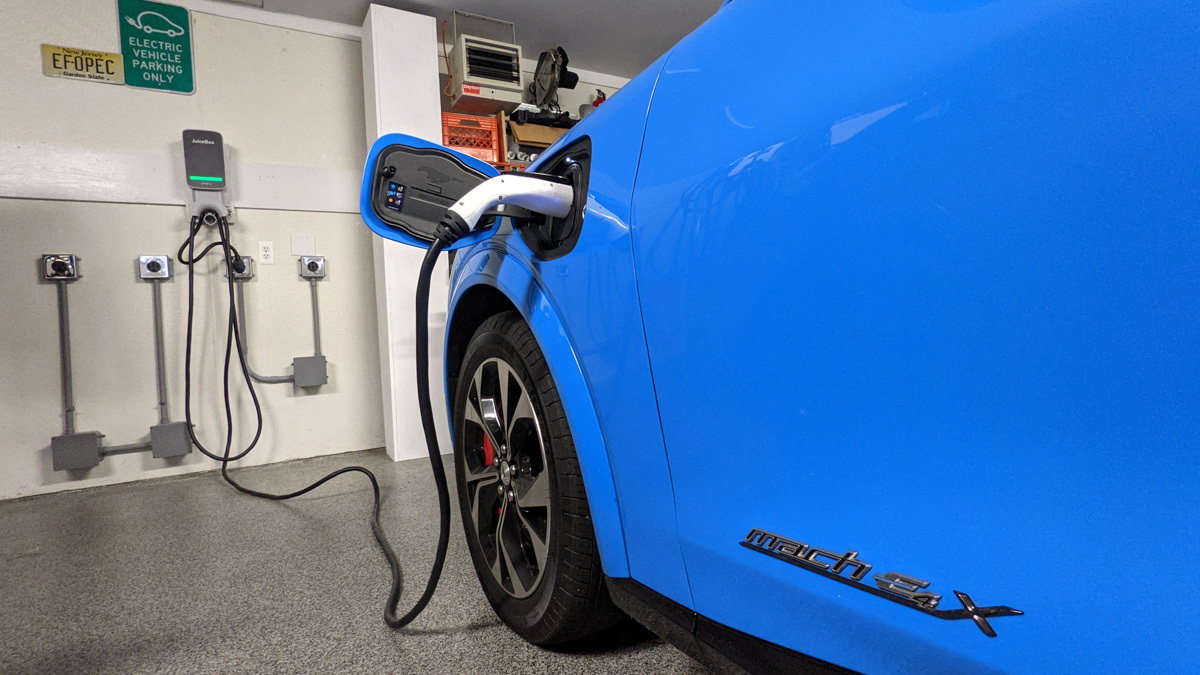As the world pivots towards sustainable transportation, the adoption of electric vehicles (EVs) is on the rise. For many electric car owners, the convenience of home charging is a game-changer, providing a reliable and accessible way to keep their vehicles powered up. However, the question that often arises is, “What is the Cost To Add Electric Car Charger at home?” In this article, we’ll unravel the intricacies of home charging, exploring the expenses involved and shedding light on the factors that influence the overall cost.
Cost To Add Electric Car Charger: Breaking Down the Basics
When considering the installation of an electric car charger at home, it’s essential to understand that the costs can vary based on several factors. From the type of charger to the electrical infrastructure of your home, each element contributes to the overall expense. Let’s delve into the details to provide a comprehensive understanding of the Cost To Add Electric Car Charger.
Navigating Expenses: Cost To Add Electric Car Charger
This section will outline the different aspects of the cost associated with adding an electric car charger at home, helping readers gain insights into the financial considerations involved in this process.
1. Type of Electric Car Charger:
The type of charger you choose significantly influences the overall cost. There are generally two main types of home chargers: Level 1 chargers and Level 2 chargers.
- Level 1 Chargers: These chargers are standard household outlets (120 volts) and are the most basic option. While they come with lower upfront costs, they provide a slower charging speed.
- Level 2 Chargers: Offering faster charging times, Level 2 chargers operate at 240 volts. The installation of a Level 2 charger requires additional electrical work but is often worth it for the efficiency it brings to the charging process.
2. Electrical Panel Upgrade:
The existing electrical infrastructure of your home plays a crucial role in determining the cost. If your home’s electrical panel is not equipped to handle the additional load of an electric car charger, an upgrade may be necessary. Upgrading the electrical panel ensures safety and compliance with the requirements of the charger.
3. Installation Labor Costs:
The installation process involves more than just mounting the charger on the wall. Running electrical wiring, configuring the charger settings, and ensuring compliance with local codes are all part of the installation labor costs. Hiring a licensed electrician is recommended to guarantee a safe and efficient installation.
4. Permitting and Inspection Fees:
Before adding an electric car charger, you may need to obtain permits and undergo inspections to ensure that the installation meets safety standards and local regulations. Permitting and inspection fees contribute to the overall Cost To Add Electric Car Charger.
Factors Influencing Costs:
Apart from the direct expenses mentioned above, several factors can influence the overall cost of adding an electric car charger at home.
- Distance from Electrical Panel: The distance between the charger location and the electrical panel affects the amount of wiring required, impacting installation costs.
- Charger Brand and Features: Different charger brands and models come with varying price points based on their features and capabilities.
- Local Labor Rates: Labor rates for electricians can vary based on geographic location, influencing installation costs.
Read too: How To Build A EV Car From Scratch: Unlocking the Road
Conclusion: Planning for a Convenient and Cost-Efficient Charging Experience
In conclusion, understanding the Cost To Add Electric Car Charger at home involves considering the type of charger, potential electrical panel upgrades, installation labor, and permitting and inspection fees. By factoring in these elements and accounting for the influencing factors, electric car owners can make informed decisions to ensure a seamless and cost-efficient home charging experience.
As the electric vehicle market continues to grow, advancements in charging technology and infrastructure may lead to further changes in the cost dynamics. Staying informed about the evolving landscape will empower electric car owners to navigate the expenses associated with home charging effectively.
